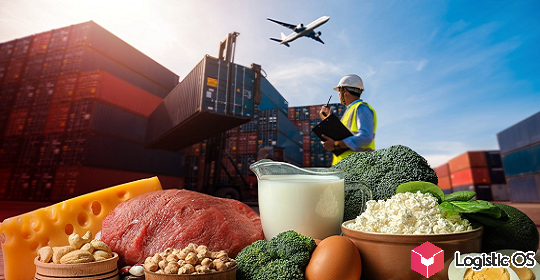Despite the almost complete ban, Kazakhstan does not believe that it is violating trade rules that apply within the EAEU.
The Ministry of Agriculture of Kazakhstan recently commented on the previously introduced restrictions.
According to officials, they do not contradict Kazakhstan’s obligations as a member of the Eurasian Economic Union, since official documents allow for such restrictions if they are needed to protect the country’s own security.
And in this case the situation is exactly that.
Let us recall that Kazakhstan initially introduced restrictions on the export of grain by road from April 10 of this year for a period of six months.
Since September 11, this measure has been extended for another six months.
And that’s not all: from September 26, a ban on the import of grain also by rail was introduced for six months.
There are exceptions to this rule, but they are small: for example, import to licensed elevators for the purpose of processing is allowed, as well as transit through the territory of Kazakhstan.
What is the reason for the ban?
Experts note that grain from Russia is actively coming to Kazakhstan, and initially it is purchased by local companies and then sold for export — but as Kazakh grain, and therefore they do not pay transit duties.
Moreover, the volumes of such “gray imports” are impressive — up to 2 million tons per year, and the damage to the budget amounts to up to $500 million.
It is possible that the introduction of the ban is also due to the reluctance to accept grain from Ukraine, from which the EU countries and its other neighbors are now actively protecting themselves.
Will Kazakhstan have enough of its own grain?
The Ministry of Agriculture of the Republic claims that no problems should arise, since this year they managed to harvest a fairly good harvest.
Moreover, this became possible despite the unfavorable weather conditions that prevailed in a significant part of the country.
For example, in the southern regions, farmers had to face drought, and in the northern, on the contrary, heavy rains. Nevertheless, as the ministry promises, the citizens of Kazakhstan should have enough bread, flour and pasta.
Moreover, there are even significant carryovers from last year, which amount to over 3.7 million tons.
There is currently no exact information on when Kazakhstan will lift its ban on grain imports.
Experts believe that it can remain in effect until the risk of illegal grain entering the country is eliminated.
This means that the restrictions may still be extended many times, since such risks are not going away yet.

